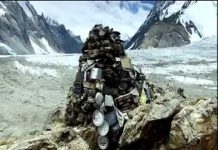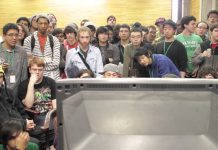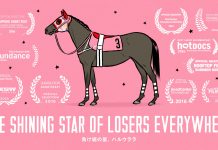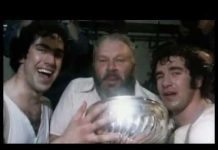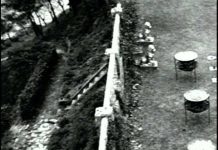The half-hour programme saw investigative journalist Andrew Jennings look into allegations of corruption with FIFA, the world’s governing body of association football. Within the programme he alleged that three members of FIFA’s executive committee had been given bribes by International Sports and Leisure, a marketing partner of FIFA. The three men – Nicolas Leoz, Issa Hayatou and Ricardo Teixeira – were reportedly involved with a sports marketing firm responsible for broadcasting rights and took money from them. Jennings further alleged that a fourth current official has been involved in ticket touting. Both of these matters had not been properly investigated by Sepp Blatter, the President of FIFA. It also made a series of claims about the bidding process for hosting the FIFA World Cup. The documentary was broadcast only three days before the result of the bidding process for the 2018 and 2022 FIFA World Cups were announced. This led to fears from some people that it could ruin England’s chances of hosting the former tournament, with some accusing the BBC of being unpatriotic; however, the BBC defended these claims. Russia ultimately won the right to host the FIFA World Cup in 2018, with Qatar emerging victorious for the 2022 tournament. The question of whether the documentary was a crucial factor in England losing the contest was brought up by a number of key figures after the result was announced. Hayatou, who is the vice-president of FIFA, denied all accusations of involvement in the scheme and claimed money was in fact paid to the Confederation of African Football (CAF). He threatened to sue the BBC for the making of the documentary. The programme received 52 complaints from viewers.
POPULAR PICKS
LATEST ADDITIONS
© Copyright 2017-2022 - Gratis Global Ltd. All rights reserved.

